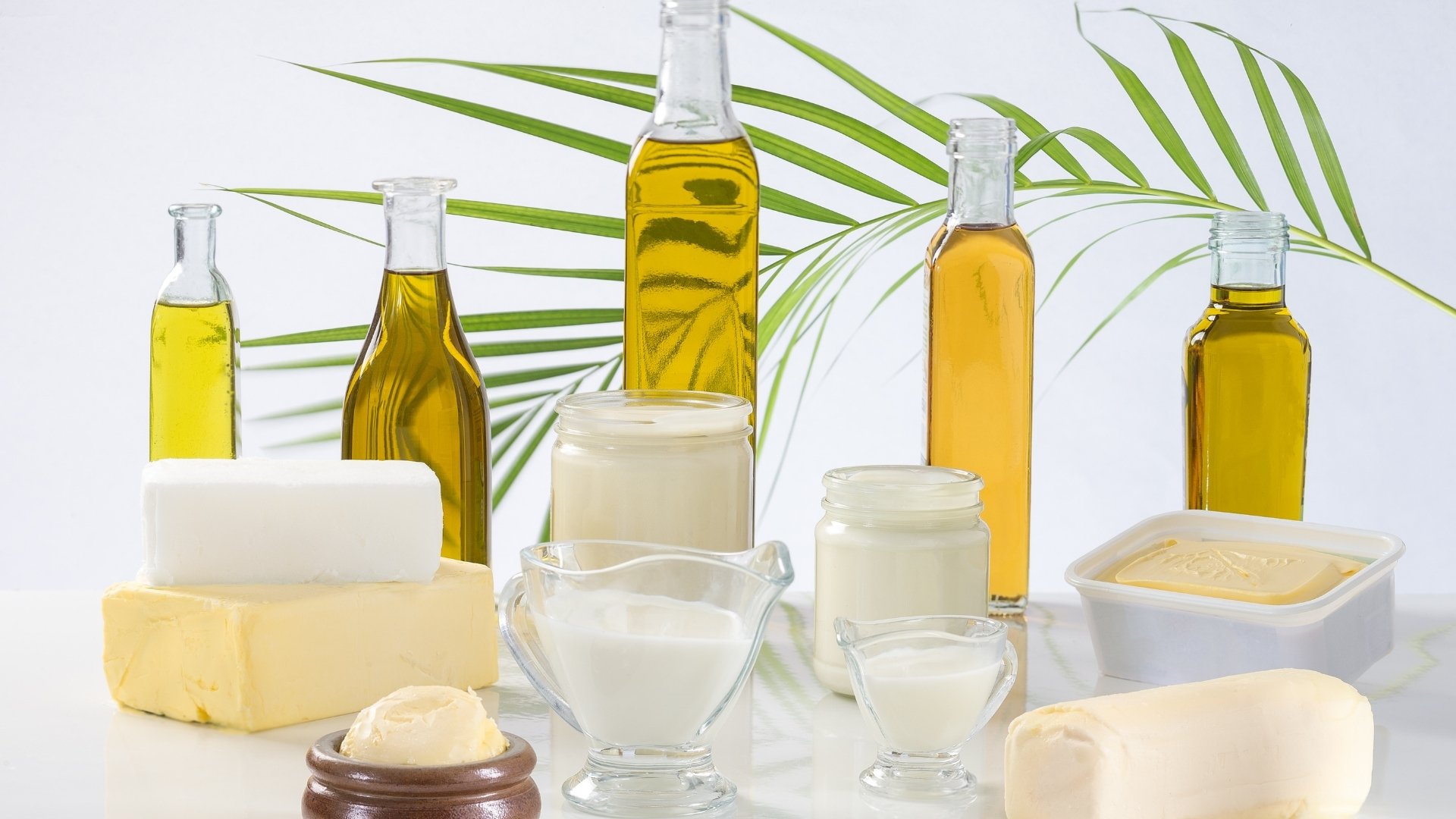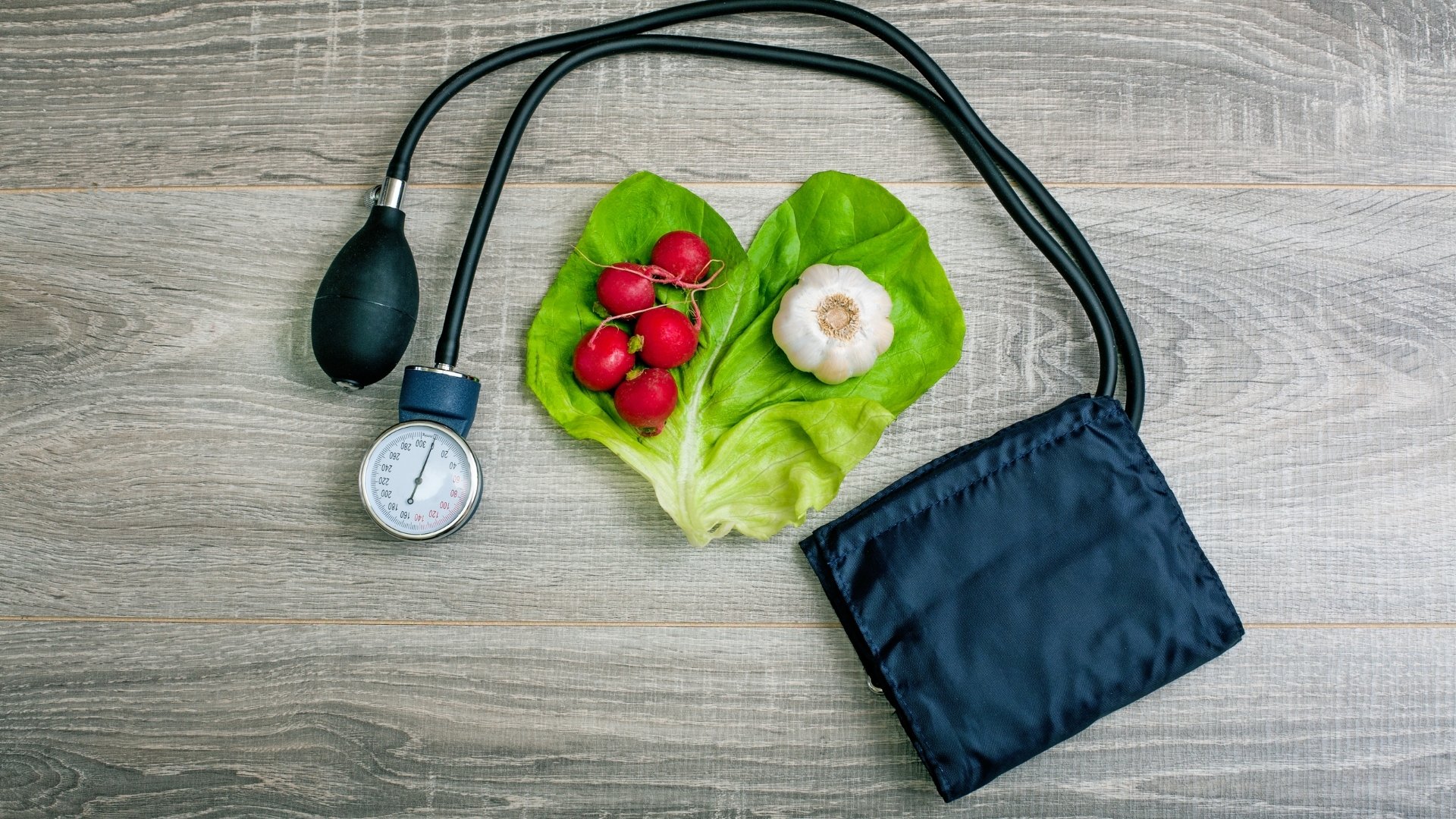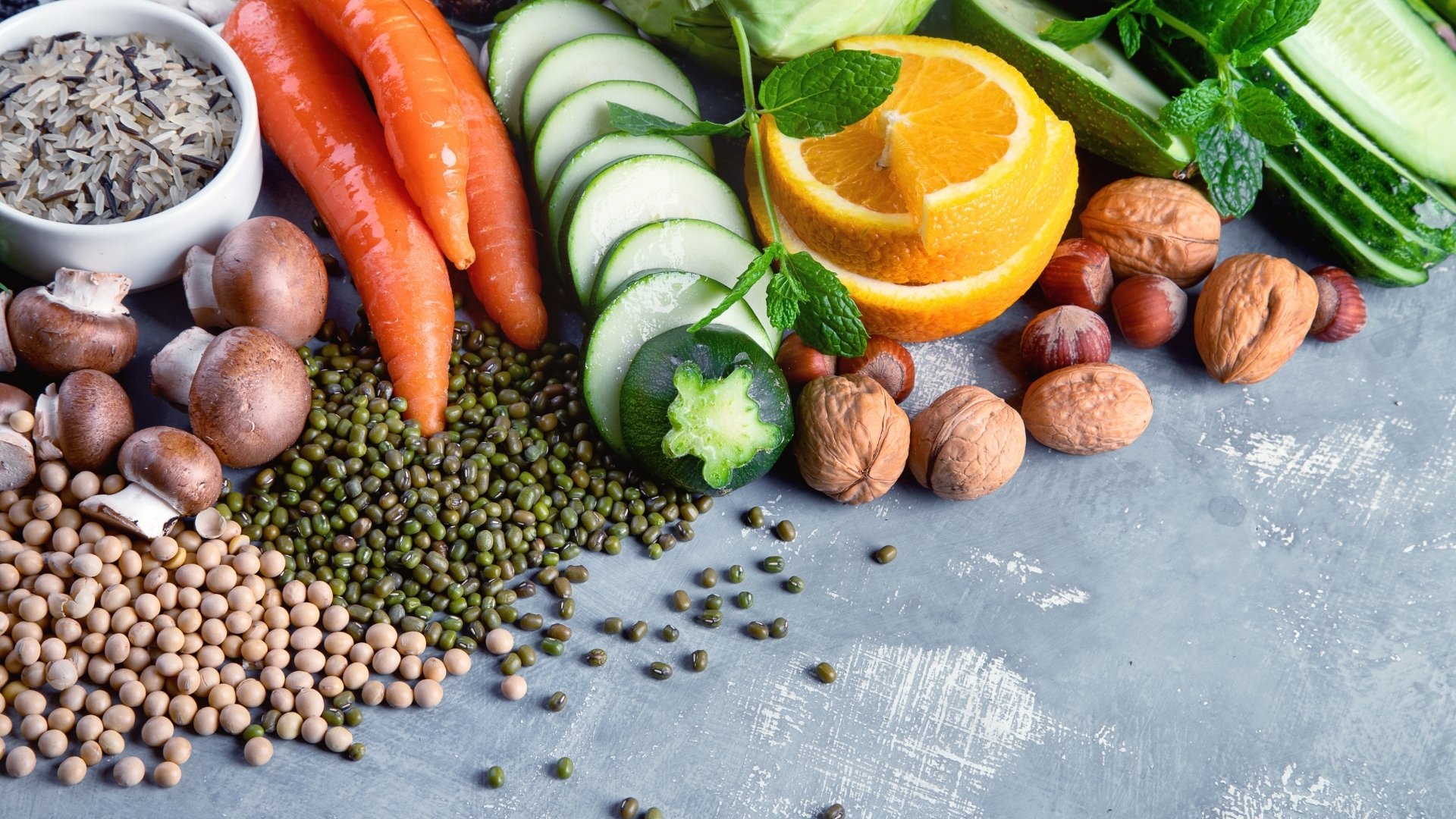Cholesterol is a fatty substance found in the blood and body tissues. It is crucial for both our physical and mental well-being. It is used to build cell membranes and produce vitamin D, estrogen, testosterone, and bile acids. Cholesterol is a primary component for brain health, too, needed for neuron membranes and to produce neurotransmitters.
We can obtain cholesterol through what we eat or by producing it in the body, mainly in the liver. Just like we regulate other nutrients in our blood, our body has a unique system for controlling blood cholesterol levels.
How Does Cholesterol Relate to the Vegan Diet?
Cholesterol is naturally found in egg yolks, dairy products, meat, and seafood. A significant proportion of an individual’s cholesterol is made by the liver and body tissues. It is also made in the body by nearly all cells.
Cholesterol can be made from many other foods found in a vegan diet, such as plant-derived fats and oils, proteins, and carbohydrates.
The use and management of cholesterol within the body is a complex process. This field is a dynamic one with ongoing discoveries and information. We need to be continually educating ourselves and keeping informed on updates to dietary guidelines.
Cholesterol is transported through the blood by carriers since it isn’t soluble in the blood. These carriers are known as high-density lipoproteins (HDLs) and low-density lipoproteins (LDLs). HDL tends to carry cholesterol away from body tissues to be metabolized by the liver. LDL transports cholesterol to be deposited in body tissues or within blood vessels. Higher LDL levels often are linked to an increased risk of atherosclerosis, a condition that narrows the arteries. This can have broader effects on the circulatory system, specifically the heart.

Cholesterol Testing -- How Does It Work?
The American Heart Association recommends having blood cholesterol tests conducted every 4-6 years. However, suppose you have other risk factors for heart disease or a known history of high cholesterol. In that case, your health care provider may recommend that you get tested more frequently.
A typical blood test or lipid profile will measure a few different values, including total cholesterol, LDL cholesterol, HDL cholesterol, and triglycerides (fats in the blood). The Cholesterol Ratio is another means of evaluating cholesterol levels. It can include the ratio of LDL to HDL cholesterol or the percentage of total cholesterol to HDL cholesterol.
I Have High Cholesterol -- Will A Vegan Diet Help?
Does dietary intake of cholesterol directly correlate to blood cholesterol levels? Not exactly, though it was once thought to be so. At that time, nutritional recommendations were about solely reducing your overall cholesterol intake.
It is more apparent to us now that no matter the quantity of cholesterol we ingest, our body can consistently maintain blood cholesterol levels. The liver plays a large role in this; it produces and excretes cholesterol to maintain a constant resource pool.
Many studies have found that individuals on vegetarian or vegan diets tend to have lower blood cholesterol than those on diets with meat intake. It may be that this is due to the weight loss that occurs on plant-based diets or that these diets afford other health benefits that lead to reducing blood cholesterol.
If you are considering trying a plant-based diet, it can be an option that may lead to healthier blood cholesterol. Consider this diet for the benefit of your overall health rather than a way to lower your cholesterol levels.
I'm on a Vegan Diet But Still Have High Cholesterol. Why is This?
As mentioned earlier, there are at least two points to consider before considering the cause of high cholesterol. The management of cholesterol internally is a complex process of which we are still fitting pieces together. Also, each individual will likely respond to diet and other lifestyle changes differently than another.
Another common reason for vegans to have high cholesterol is bad nutritional choices, even while eliminating meat and dairy from the diet. When it comes to dietary fat and carbohydrate choices, vegans still need to consider healthier options.
Polyunsaturated fats. These fats are made up of two main types: omega-3 and omega-6 fatty acids. Both types cannot be made by the body and must be consumed in the diet. Nuts and seeds such as walnuts, flaxseed, and sunflower seeds have excellent levels of omega-3 fatty acids. Many plant-based cooking oils, such as corn, sunflower, and rice bran oil, are high in omega-6 fatty acids.
Monounsaturated fats. These are found in oils, such as olive, sunflower, and peanut oil. Nuts (such as almonds and cashews) and avocados are other excellent sources of these fats. They have been shown to have benefits on the heart and should be included in the diet.
Saturated fats. Studies have shown that diets rich in saturated fats may be linked to high total cholesterol and elevated LDL cholesterol. According to some studies, it is likely that the type of saturated fat (whether animal or plant-based) matters to whether consumption helps or harms our body. Those sourced for vegans would typically be from either palm/palm kernel oil or coconut products. Coconut oil has been found in recent times to provide many health benefits. Though being vegan does lower the chance of consuming too much saturated fat, it is still important to monitor daily intake.
Trans fats. In America, food items containing hydrogenated vegetable oils, a significant source of trans fats, have been banned by the FDA. It is naturally found in small amounts in some vegetable oils, such as soybean and canola oil. Trans fats cause an increase in LDL cholesterol and lead to a higher risk of heart disease.
Vegans need to try to combine the various good fats in their diet while avoiding trans fats, which are often found alongside hydrogenated oils.
Suppose you find that even on a vegan diet, your cholesterol levels are high. In that case, the next step is to evaluate your daily fat intake and how foods are prepared. Fried foods, particularly those that are deep-fried, can really drive up the fat content in meals. It is better to go with baked or stir-fried foods, which use far less oil.

Processed Carbohydrates
Processed/refined carbohydrates are found in bread, biscuits, and snack foods. They are associated with having a high glycemic index. Eating such foods results in an increase in blood glucose levels and a change in insulin production.
Diets high in processed carbohydrates may contribute to elevated LDL blood cholesterol. It is suggested that the change in insulin levels may have a role in this. In the longer term, such dietary habits can also lead to obesity.
Instead of processed carbohydrates, include healthier unprocessed options in your diet. Such foods include oats, brown rice, millet, and other whole grains. Fresh fruits and vegetables are also sources of unprocessed carbohydrates.
Gut Microflora
Gut health has become a big topic in the last century. Improving our gut microflora is an interest to many for promoting overall health.
Studies have begun to explore more into how gut bacteria play a part in regulating cholesterol levels. Excess cholesterol is usually carried to the liver and secreted into the bile. The bile then passes through the intestinal tract, which is home to various bacteria.
The composition and variety of gut bacteria may affect cholesterol regulation in the body in multiple ways. Research is ongoing, but since gut health affects our well-being in many aspects, it would benefit us to nourish our existing gut microflora.
Lifestyle Factors
Other considerations if you have high cholesterol levels are stress level, physical activity, and smoking. Chronic stress is an issue that many of us face, especially with the current COVID-19 situation. Stress can mean elevated fight-or-flight hormones in the blood, which can indirectly increase our blood cholesterol. Whichever diet we choose, managing our stress is essential for all of us.
Physical activity offers many benefits, such as aiding in weight loss, improving our circulation, managing stress, and other ways of promoting well-being.
Some research indicates that smokers tend to have lower HDL (good) cholesterol and higher LDL (bad) cholesterol in the blood. Also, smoking has been associated with heart disease, though exact mechanisms are not known. This may occur due to decreased oxygen in the blood or wear and tear of heart tissues. On the other hand, smokers who quit tended to experience higher HDL cholesterol levels, even when they gained weight.
Medical Conditions and More
Certain medical conditions impact blood cholesterol. For instance, disorders that involve hormone production can affect blood cholesterol levels.
It often happens that high blood cholesterol is one condition that occurs amongst a cluster of others, which is called metabolic syndrome. Individuals with metabolic syndrome may also have abdominal obesity, high blood pressure, high blood sugar, and other issues. These conditions all interact with each other and can be underlying risks for continuous high blood cholesterol. Additionally, certain medications can affect the metabolism of cholesterol. Health care providers can offer more information as to the impacts and effects of the prescribed medications.

It is no doubt that being on a vegan diet can offer significant benefits to overall health and well-being, including keeping cholesterol levels within an optimal range. But, like any diet, selecting healthy choices is essential. The information provided here is meant to offer some guidance; specific medical advice should be obtained from your current health care provider. Each individual is different, so your journey towards better cholesterol, heart, and body health will be unique.
Choosing a healthy plant-based and vegan diet is most beneficial when it comes to:
-
Higher levels of energy;
-
Improved sleep;
-
Aids in energy and overall happiness;
-
Provides a sense of comfort and relief;
-
Could prevent major diseases such as obesity and diabetes;
-
Accomplish weight-loss and management; and
-
Improves mental and cognitive functioning.
There are really no excuses not to try healthier habits in your everyday life. If you are a man or woman looking for specific benefits of adopting healthier habits or just want to know about the general healing properties of herbs. Please remember to comment or post any health questions, or contact us directly!
Resources:
American Heart Association. (2020, November 9). How To Get Your Cholesterol Tested.
Arnold, D.R. & Kwiterovich, P.O. (2003). Encyclopedia of Food Sciences and Nutrition. 1226 - 1237.
Bowen, R. (n.d.). Secretion of Bile and the Role of Bile Acids In Digestion.
Cohut, M. (2017, August 22). How do vegetarian diets affect cholesterol levels?
Forey, B.A., Fry, J.S., Lee, P.N., Thornton, A.J., & Coombs, K.J. (2013, September 13). The effect of quitting smoking on HDL-cholesterol - a review based on within-subject changes.
Grundy, S.M. (2003). Encyclopedia of Food Sciences and Nutrition. 1237 - 1243.
Hu, F.B. (2010, April 21). Are refined carbohydrates worse than saturated fat?
Kohlmeier, M. (2003). Nutrient Metabolism.
Molinero, N., Ruiz, L., Sanchez, B., Margolles, A., & Delgado, S. (2019, March 14). Intestinal Bacteria Interplay With Bile and Cholesterol Metabolism: Implications on Host Physiology.
Peeples, L. (2010, December 24). Quitting smoking improves cholesterol.
















